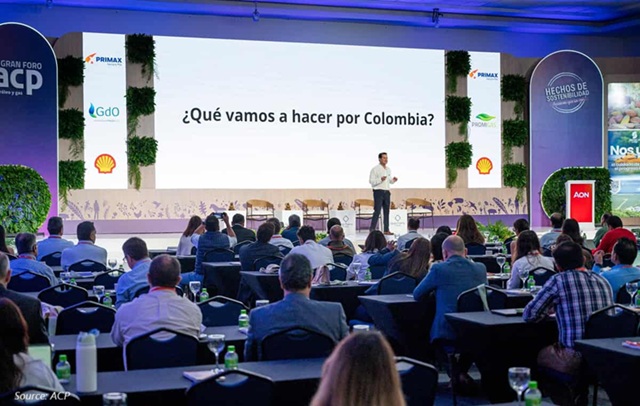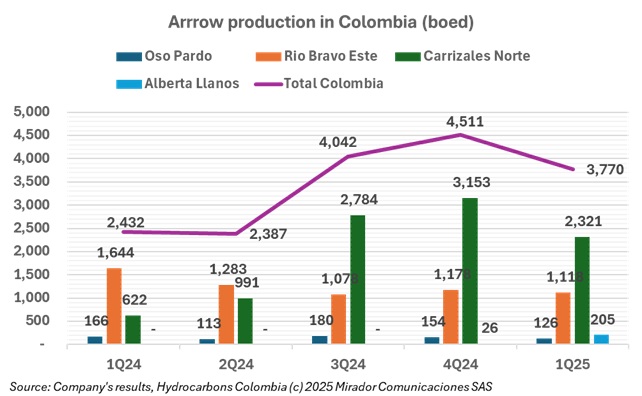We didn’t attend the ACP conference last week in Cali because of a prior commitment but we cannot imagine that there were a lot of smiling faces.

At the IV Sustainability Facts Forum, Frank Pearl, President of the Colombian Petroleum and Gas Association (ACP), highlighted the serious impact that public order issues and violence have had on the development and stability of Colombia’s oil and gas industry.
On the third day of the XVII Congress of the Regional Indigenous Council, Colombia’s Minister of Environment (MinAmbiente), Lena Estrada Añokazi, reaffirmed the national government’s commitment to Indigenous Peoples and celebrated the progress made in shaping an environmental policy rooted in territorial and ethnic perspectives.
The Board of Directors of Colombia’s National Hydrocarbons Agency (ANH) approved significant changes to the country’s regulatory framework for the oil and gas sector.
Colombian energy giant Ecopetrol has announced a firm commercialization plan for both domestic and imported natural gas, aiming to supply up to 132 Gbtud to the market through long-term contracts.

Arrow Exploration Corp. (TSXV: AXL) reported solid first-quarter 2025 financial and operational results, alongside an ambitious drilling and development roadmap for the remainder of the year.